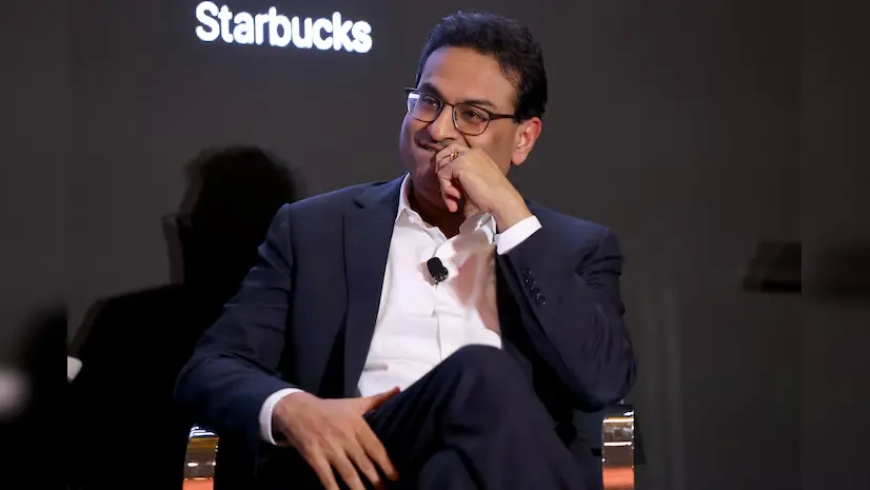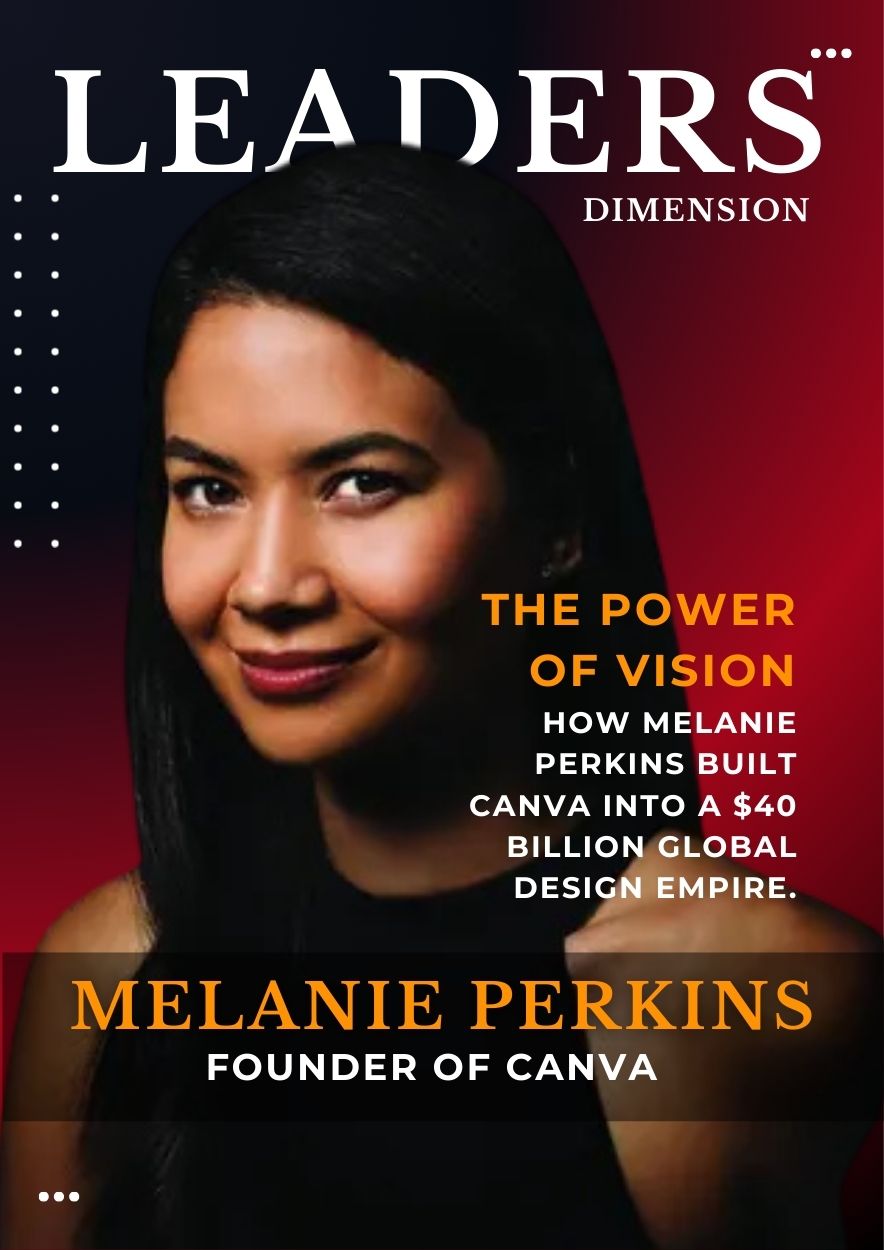Starbucks CEO Laxman Narasimhan Steps Down Amidst Controversies
Starbucks has announced that Laxman Narasimhan, the coffee giant's CEO for the past 18 months, is stepping down from his role. Narasimhan, who has had a notable career in various leadership positions, will be succeeded by Brian Niccol, the current CEO of Chipotle.

Niccol is set to take over the role from September 9, with Starbucks CFO Rachel Ruggeri serving as interim CEO until then. Mellody Hobson, Starbucks' board chair, will assume the role of lead independent director.
About Laxman Narasimhan
Laxman Narasimhan, born on May 15, 1967, in Pune, India, began his career at McKinsey & Company before moving to PepsiCo, where he served as CEO of the South America division and Chief Commercial Officer.
Prior to joining Starbucks, he was CEO of Reckitt, where he focused on expanding e-commerce and supporting employees during the Covid-19 pandemic.
Narasimhan holds degrees in Mechanical Engineering, German, International Studies, and Finance from institutions including the University of Pune and the University of Pennsylvania. Known for advocating work-life balance, he often emphasized not working past 6 pm.
Reasons for Departure
Starbucks has not provided specific reasons for Narasimhan's departure, but reports suggest his exit is linked to the company's underperformance and recent controversies. Former CEO Howard Schultz pointed to issues in US operations and stressed the need for more senior leader engagement with workers.
Additionally, Starbucks has faced pressure from activist fund Elliott Investment Management, which has been pushing for improvements in the company’s share price. Starbucks shares have dropped 20% this year, with two consecutive quarters of declining comparable sales.
Backlash Over Israel-Palestine Conflict
The company is also dealing with backlash related to the Israel-Palestine conflict. Starbucks Workers United posted “Solidarity with Palestine” on social media shortly after a Hamas attack on Israel, which led to protests and calls for boycotts in the US.
As Starbucks navigates these challenges, the transition in leadership marks a significant shift for the coffee chain as it seeks to address its current issues and regain its footing in the market.

